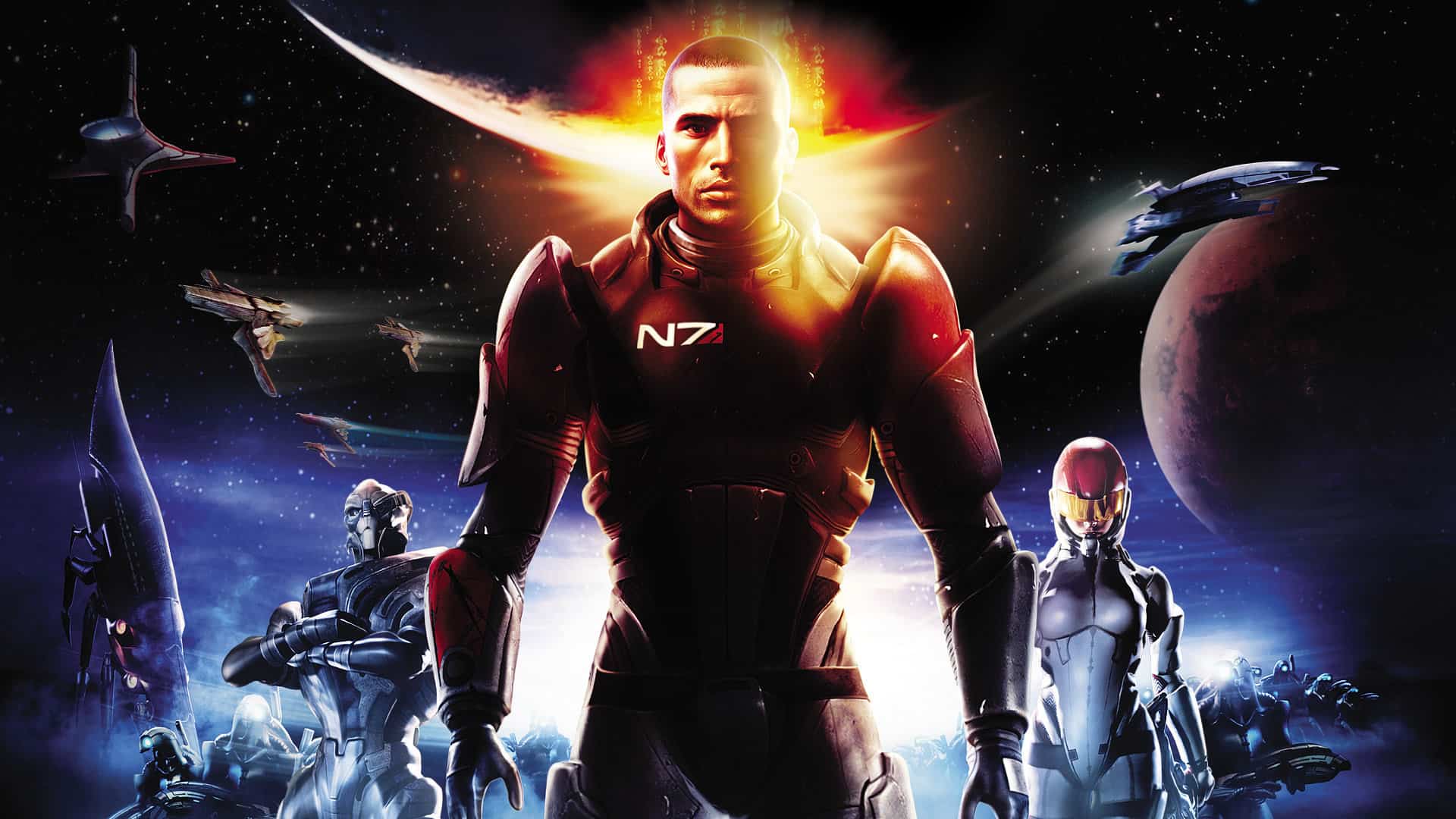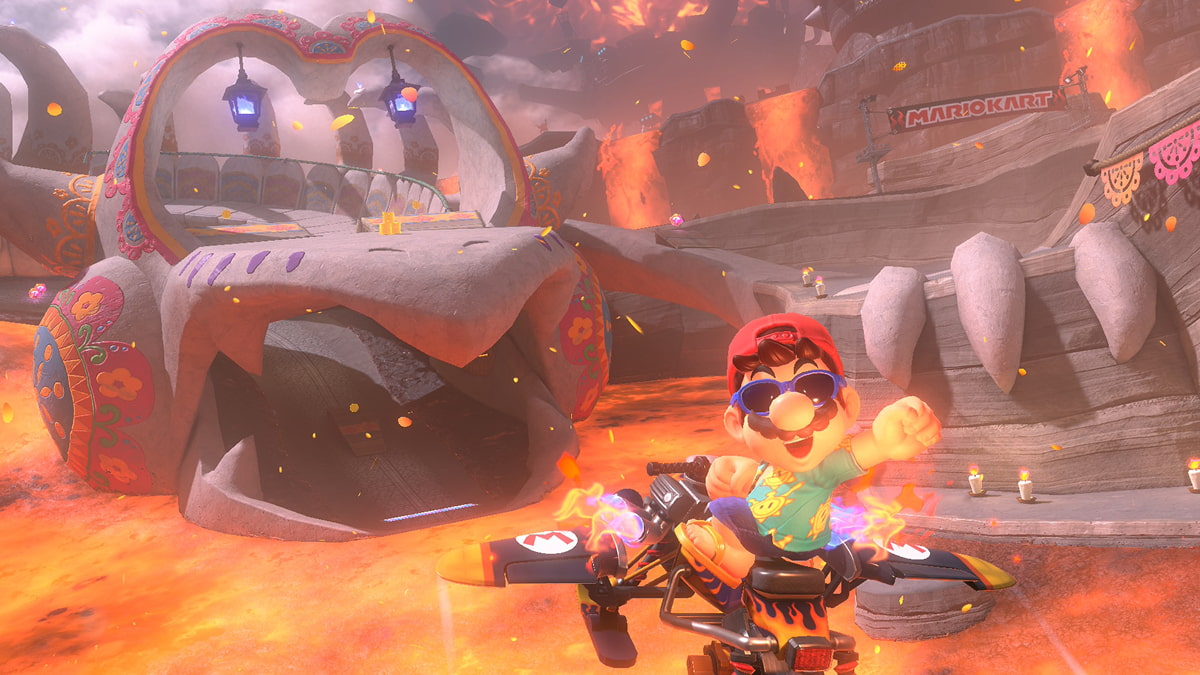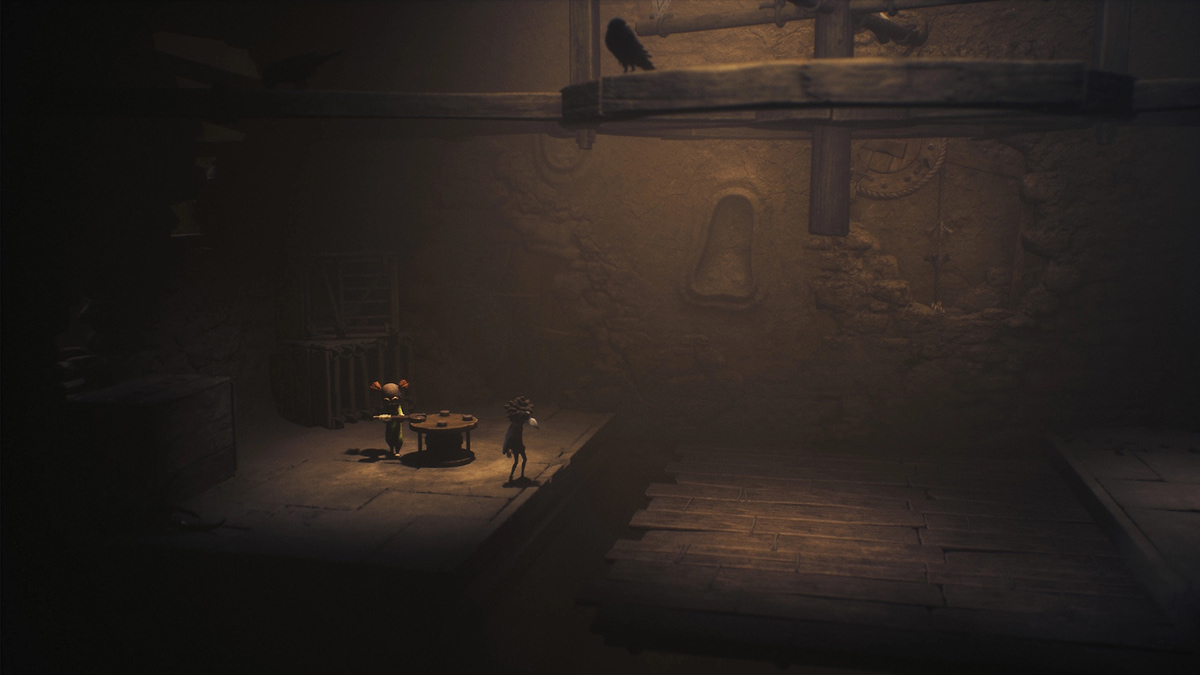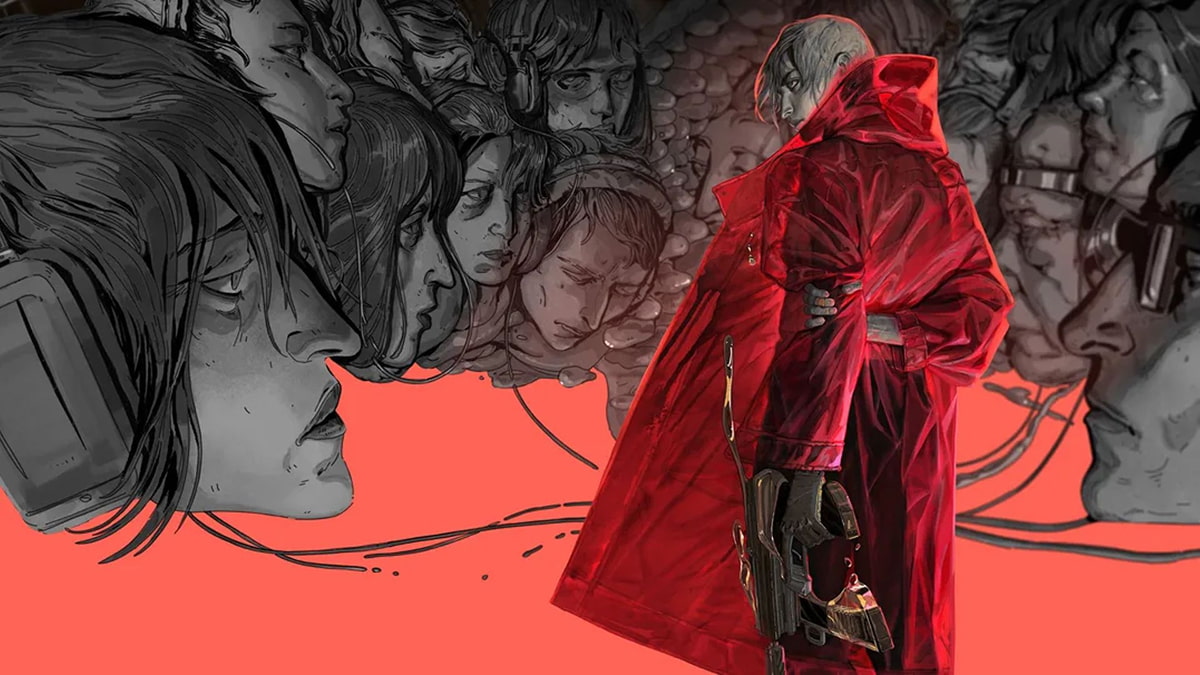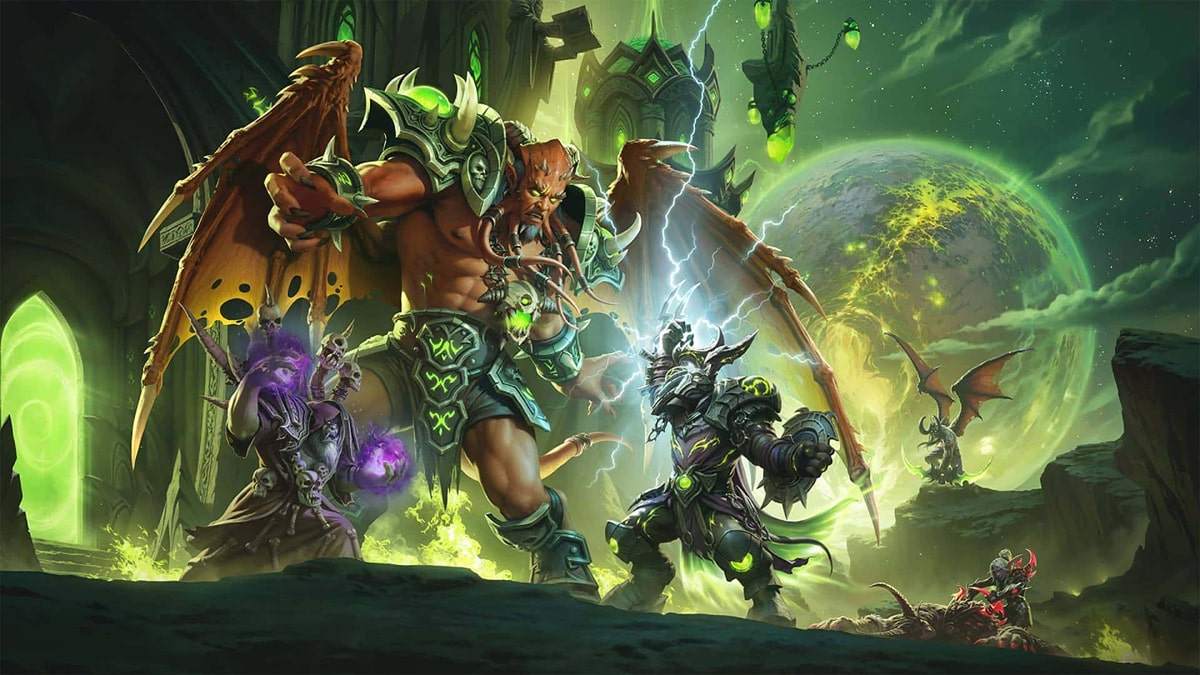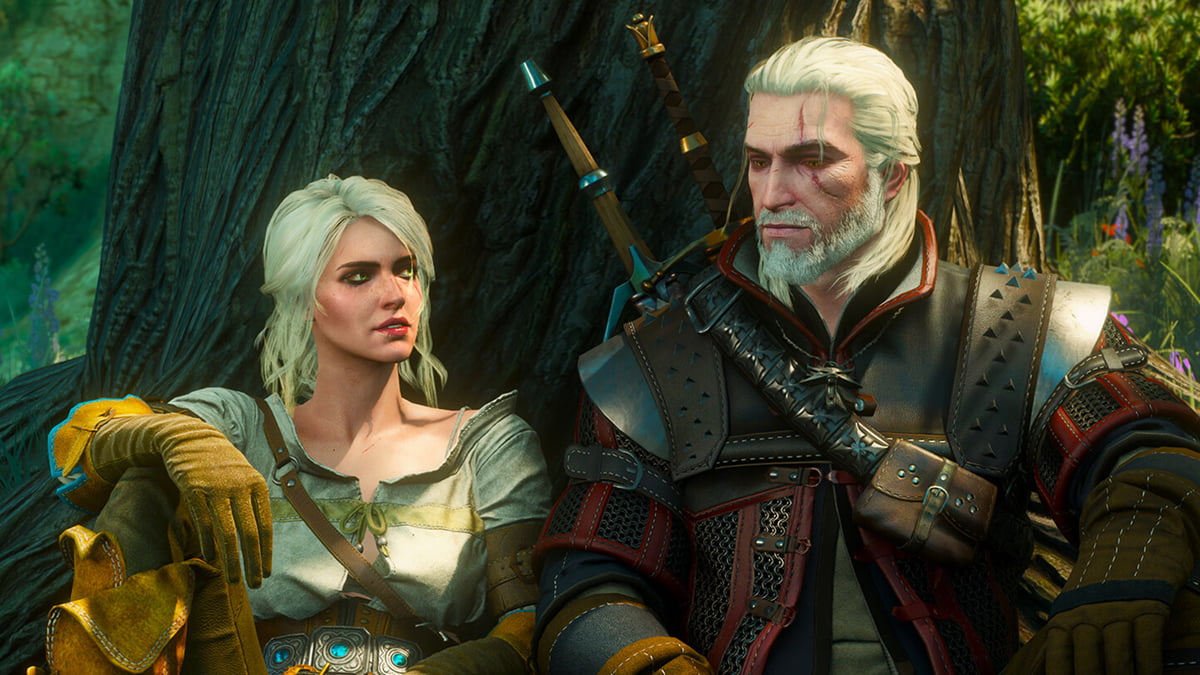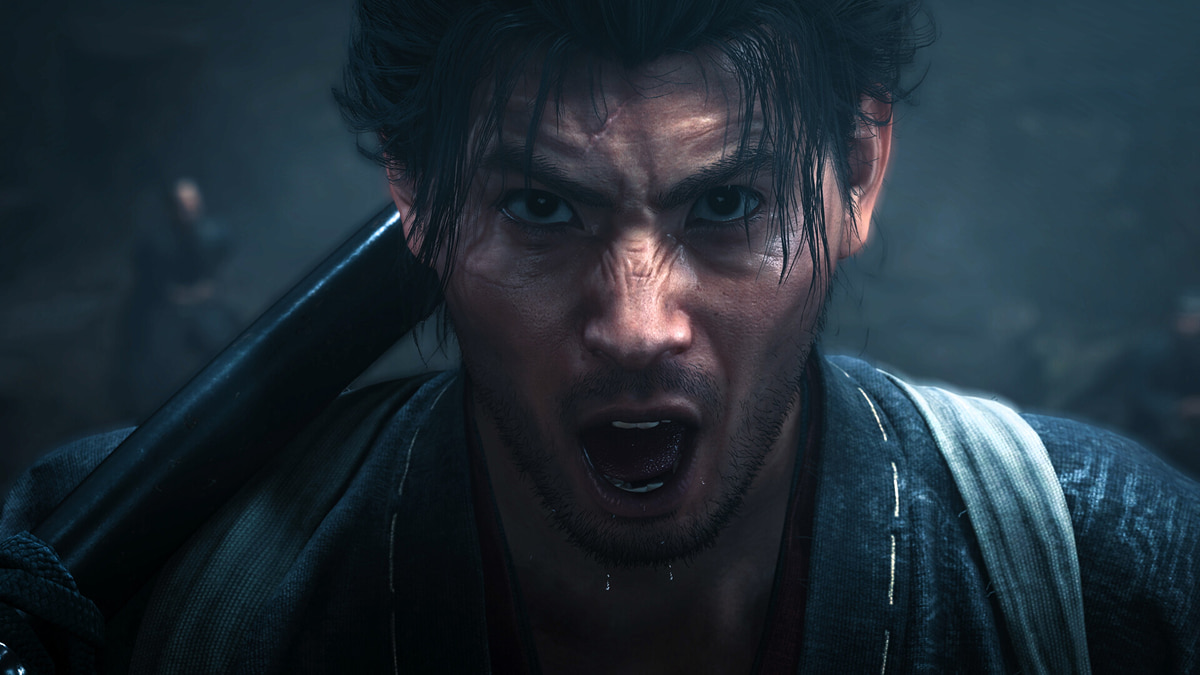You can trust VideoGamer. Our team of gaming experts spend hours testing and reviewing the latest games, to ensure you're reading the most comprehensive guide possible. Rest assured, all imagery and advice is unique and original. Check out how we test and review games here
In 1995 Greg Zeschuk and Ray Muzyka had two passions: medicine and role-playing games. If the two young doctors weren’t tending to Alberta’s sick they were playing table-top adventures or talking about translating them into video games. When they co-founded BioWare with fellow doctor Augustine Yip, medicine still represented Muzyka and Zeschuk’s day jobs as they tried to balance their passions.
Four years later, with the aid of publisher Interplay’s D&D license, the doctors made the second best-selling PC game of 1998 – Baldur’s Gate, universally hailed as a seamless marriage of D&D mechanics and interactive storytelling. BioWare was now a close-knit 65-man studio, its halls lined with prototype sketches of fantasy worlds to come. For all the success, Muzyka and Zeschuk remained humble. They still practised medicine when they could. Neither saw BioWare ever completely taking over their lives.
Today BioWare has roughly 800 employees across six studios. Each studio ultimately reports to Muzyka, while Zeschuk is in charge of BioWare Austin and responsible for The Old Republic. As for medicine, that balancing act is over. There hasn’t been time for it in roughly a decade.
But some fans now believe the doctors struggle with a whole new balancing act, that of EA and BioWare. When EA put up $860 million to acquire BioWare/Pandemic from VG Holding Corp in January 2008, public cynicism wasn’t so heavy. The publisher had worked hard to lessen its reputation of chewing up small studios for easy bucks. Brand new IPs like Dead Space and Mirror’s Edge had sparked interest while partnerships with Valve and Crytek cemented a seeming shift in mindset. But there were still cynics.
Dan Fedor worked at BioWare for seven years and was one of the 300 or so employed during the EA buyout. “Day-to-day work proceeded pretty much as it always had,” Fedor recalls – he was a lead technical artist on Dragon Age: Origins at the time.
“I’d say the most obvious changes I can recall were actually positive ones: improved compensation for employees, and improved infrastructure. EA made it a point to standardise compensation across its studios, and for BioWare that actually meant bringing many developers’ compensation packages up. And EA’s vast size meant we had its many resources at our disposal, including localization, QA, and several technology initiatives for improving workflows.”
There was, inevitably, tension.
“I can’t deny that many employees were fearful at the announcement of the merger. Many of us expected EA would drastically change the culture at BioWare. As time passed, though, it became clear that what EA wanted was for BioWare to keep being BioWare. Despite popular bombast, no storm troopers breached our airlocks and started imposing martial law.”
Drew Karpyshyn recently announced that he’s leaving BioWare to concentrate on his novels. During his 12 years at the studio, Karpyshyn served as lead writer for Knights of the Old Republic and Mass Effect, among others. Like Fedor, he says that the EA buyout brought few significant changes in day-to-day operations.
“EA really wanted to let BioWare do what it does best, so they were smart enough not to try and change things that were already working,” he agrees.
“They did give us more resources – bigger budgets, more advertising support, a greater presence at various conventions and expos, the ability to open studios in Austin and Montreal so we could work on multiple titles effectively – but beyond that BioWare was still BioWare.”
Fedor’s work at BioWare included both Dragon Age games. While the first received great acclaim from fans and critics, Dragon Age II notoriously prompted a huge backlash from disillusioned BioWare fans through low Metacritic user scores, many of which were posted before the game was even released.
Most user reviews lambasted the game’s “aerodynamic” design as patronisingly dumbed-down, especially for a game in a series billed as the spiritual successor to Baldur’s Gate, and the blame was laid firmly at EA’s doorstep. EA’s reputation for acquiring talented independent studios like Westwood and Bullfrog and burying them dead had come back to haunt them, and fans weren’t assuaged by EA CEO John Riccitiello’s assurances that this time it was different.
One fan posted on the BioWare forums that the developer had “sold their soul to the EA devil”, only to have his account locked and access to Dragon Age II taken away for 72 hours. While the ban was later revoked by EA, some fans began to feel betrayed.
“I can understand where fans are coming from, but I don’t think EA are the meddlesome overlords that many are making them out to be,” says Fedor “EA just make a convenient target. Sure, EA has had some black eyes in the past, and probably deserved some of them, but I never got the sense they were forcing us to do things we didn’t want to do.”
Fedor left BioWare this time last year, taking the decision to give up his salary and move into the risky world of indie development. He’s close to releasing his first solo title, N.E.O. Scavenger – predictably an RPG, albeit one that mixes Civ-like turn-based play with post-apocalyptic survival. Creating his own game has perhaps given him perspective on the difficulties of game development.
“BioWare makes decisions too, both at senior leadership and team levels. Even lucky idiots like me, frankly. And sometimes we make bad calls,” he admits.
“Hi, I’m Dan Fedor, and if you wonder why players can’t have cloaks in Dragon Age: Origins that was my fault. Sorry dudes, I couldn’t make them work well enough. I screwed up. We all screw up, despite our best efforts.”
/https://oimg.videogamer.com/images/ae0d/eajohn.jpg)
In recent months EA’s CEO, John Riccitiello, has talked of adjusting Mass Effect 3 to “address a much larger market opportunity” than that presented by previous Mass Effects. With soundbites like that it’s unsurprising that divisive additions like multiplayer and Kinect integration were perceived by some anxious fans to be EA’s market-fuelled tinkering, perhaps with a similar end result to Dragon Age II in sight.
Meanwhile, Muzyka and Zeschuk stress that they still make the decisions, and aren’t told what to do or forced into anything.
“One thing we commonly see is when fans don’t like something we do, they put in the comments, ‘Oh those EA guys, they’re making BioWare do…’ And I always chuckle because we are EA, we’re BioWare – we’re both, and we still have huge autonomy in terms of what we do,” Zeschuk said last year, in an interview with Eurogamer.
So how much is BioWare’s push towards accessibility and broader appeal really to do with EA?
“Obviously BioWare wants to share their games with as many people as possible – it was like that from the first day I started,” says Karpyshyn.
“Saying they want to make their games more accessible to a wider audience doesn’t mean they’re turning their back on their core audience, though it seems that’s the way some people want to spin it. Personally, I don’t see it that way.”
When Fedor joined BioWare the studio was working on Jade Empire and Dragon Age, and slightly later, Mass Effect. Dragon Age would prove to be more in line with BioWare’s headline titles of yesteryear, but Jade Empire and Mass Effect presented considerable diversions from the dense fantasy RPG formula.
“BioWare’s philosophy on game design has always been in a state of evolution. If you look back over the pre-EA catalogue of BioWare games it’s already quite diverse,” Fedor points out.
“BioWare’s first game was actually a mech simulator [Shattered Steel], and its third game was a third-person shooter [MDK2]. Sonic Chronicles on DS also started pre-EA. And both Jade Empire and Mass Effect have some significant differences from their predecessors.”
In 2005, shortly after Fedor joined the company, BioWare merged with Pandemic in a $300 million deal orchestrated by Elevation Partners, a private equity firm headed by the then former EA president John Riccitiello. The deal was a coup for Riccitiello; Microsoft had reportedly been sniffing out a buyout, and BioWare’s agreement with Epic to license Unreal Engine 3 for the recently announced Mass Effect was big news.
The doctors worked closely with Riccitiello over the next few years. In 2006 Jillian Goldberg was brought in to BioWare/Pandemic as marketing VP from EA, and she knew how to apply what was successful about EA brands to BioWare’s brands. When the doctors signed the deal with EA – back under the leadership of Riccitiello – they knew exactly what they were getting in to. And so did EA:
“It’s important to remember that EA bought BioWare because it wanted a strong story-based game house,” says Fedor. “They wanted to add that capability to their arsenal of strong sports and action titles. They certainly didn’t want to spend nine figures on a screwdriver only to melt it down into a hammer.”
It’s also worth remembering where BioWare were when they started – young doctors saving up from their day jobs to raise enough capital for a game demo – and how much the company grew before the EA buyout. Change was inevitable.
“I think it’s terribly hard for a studio to maintain its identity when forced to adapt to huge amounts of transition. Indeed, BioWare has had to adapt in many ways, not the least of which is due to its own growth,” Fedor agrees.
“BioWare was at just around 150 employees when I first interviewed there in 2004. I think they were at 300 and 2 studios around the time of the EA buyout. These days, they’re up around 800, spread across 6 studios. Growth like that would strain any studio culture, and the fragmentation across locations and franchises only compounds things.”
That said, Fedor feels that Muzyka and Zeschuk aren’t exaggerating when they say that the company has held to its core values over the years.
“Ask any employee, and I’d be surprised if they couldn’t recite the mantra in a heartbeat: ‘Quality in our products. Quality in our workplace. Entrepreneurship. All in a context of humility and integrity.’ Admittedly, the ‘Entrepreneurship’ was added later, once we had shareholders to answer to.
“But those four core values are a big deal to BioWare, and Ray and Greg in particular. I wouldn’t have worked there for seven years if I didn’t feel they believed in them, either. I wasn’t there to just cash pay cheques, I was there because I believed in what we were doing.”
Karpyshyn doesn’t feel that BioWare’s core philosophy has changed either, not during the eight years he was there before the buyout, or the four years after:
“We wanted to deliver the best story-driven gaming experience possible. Of course, the way that is accomplished will change and evolve with each game – obviously Mass Effect is a technological leap from the original KOTOR. However, the partnership with EA also allowed us to branch out and work on multiple projects at once.
“That allowed us to deliver Dragon Age, Mass Effect and Star Wars: The Old Republic – all great games that preserve our commitment to story-driven games, but all with a slightly different focus and feel for a unique experience for the player.”
For his part, Fedor has a slightly different view.
“Did EA change BioWare?” he ponders. “Yeah, probably. Was any of the change bad? I’m sure some things got worse, though I’m hard-pressed to think of many. I guess I could lament the pressures of delivering a product within a certain fiscal quarter, but delivering a product on time and on budget is just good business. If the schedule is hampering the quality of the product, then it was as much our fault for not planning timeline and budget effectively enough. So it sucks, but it’s not something I could exclusively blame EA for.”
Dragon Age II, for one, was more comprehensively criticised for re-use of assets, a sign maybe that development was rushed at EA’s behest.
Lead designer Mike Laidlaw said assets were reused to expand content. It all stirs memories of the now-deleted 2010 blog written by EA Louse – the alleged Mythic employee who claimed EA left Warhammer Online to die while setting deadlines alongside threats of “pink slips”.
EA Louse also claimed that $300 million had been spent on The Old Republic, declaring it would be one of the worst MMO failures ever. Of course it’s since become the fasting growing MMO of all time with 1.7 million current subscribers.
And BioWare has, for the most part, created very successful and highly acclaimed games under the EA banner. Yet during the run-in to Mass Effect 3, with the response to the demo, the announcement of Day 1 DLC, and the reveal of multiplayer and Kinect integration, the cynical voices seem loud.
“Taking a step back,” Fedor says, “I think the sense of betrayal stems more from confusion about the meaning of the BioWare brand. People expect BioWare games to be different things, depending on which game introduced them to the brand. For some, it was Baldur’s Gate, and the hardcore D&D RPG. Others fell in love with Knights of the Old Republic and the third-person action RPG in the Star Wars universe.
“Still others were first introduced to BioWare through Dragon Age and Mass Effect. There are even some Jade Empire fans out there still waiting for some requited loving. For each of these groups, BioWare means a different thing, with accordingly different expectations. And what BioWare makes next may not be a duplicate experience to any of the above.”
If anything, the doctors’ current balancing act seems to be placating all these different perceptions while constantly moving forwards. They know that making the same game over and over in the modern games industry isn’t good enough. The reason they’ve survived so long is because they’ve constantly changed.
“The one thing BioWare does promise – or did when I was there – is to deliver the best story-based gaming experiences possible,” Fedor concludes, “Maybe that’s the messaging that needs more volume to reduce confusion and hurt feelings.”
It feels like the doctors have been saying that over and over since 1995, but Fedor does have a point. Ultimately, to borrow a football cliché, it’s up to the games to do the talking. Given fans’ response to what they’ve seen as EA’s interference during the run-in, Mass Effect 3 is arguably the toughest test yet for BioWare in terms of swaying perception away from EA’s corporate reputation, and back to the studio’s core values.
But if Mass Effect lives up to that promise of being one of the best story-based gaming experiences possible, most fans won’t care who’s publishing it.
You can follow Dan Fedor and the run-up to the release of his new game, N.E.O. Scavenger, at his blog, Game Dev Gone Rogue. Drew Karpyshyn is working on the upcoming Star Wars: Annihilation novel and can be found at his website.
Mass Effect
- Platform(s): PC, PlayStation 3, Xbox 360, Xbox One
- Genre(s): Action, RPG, Science Fiction, Space

/https://oimg.videogamer.com/images/05e3/dragon_age_147.jpg)
/https://oimg.videogamer.com/images/5ffd/mass_effect_38.jpg)
/https://oimg.videogamer.com/images/db2e/star_wars_the_old_republic_64.jpg)
/https://oimg.videogamer.com/images/3193/dragon_age_ii_7.jpg)
